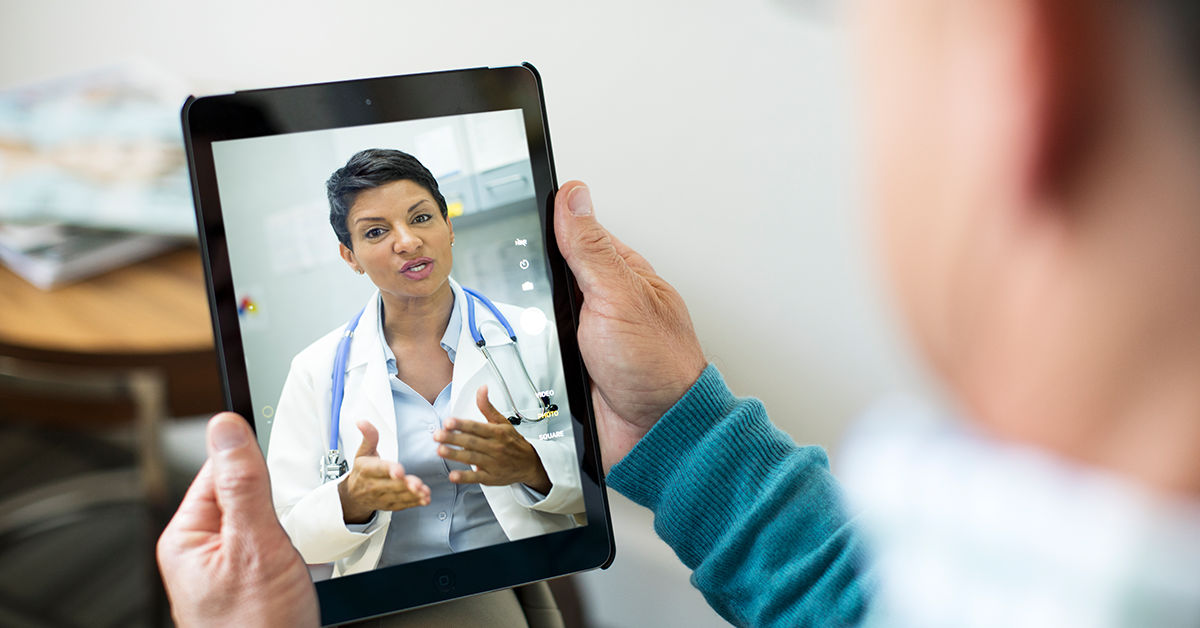
The usage rate of eHealth solutions (including electric medical records) by office-based physicians reached 88% in 2021 – a significant increase from the 18% utilization rate in 2001.1 With the rapid progression of technology and its increasing incorporation into healthcare, there is a promising opportunity to utilize these advancements to enhance both the experience and health outcomes of the Medicaid population.
Medicaid is uniquely positioned to implement these solutions as it is the only payer that must coordinate delivery of services including physical health, behavioral health, long-term care and health-related social needs across the entirety of the demographic spectrum. With nearly 20% of all U.S. adults and 47% of U.S. children relying on Medicaid coverage, there is pressure on state programs to think creatively about technology-driven solutions.2
These solutions have the potential to improve three of the main friction points facing Medicaid programs today including issues related to access of care, workforce shortages in critical provider areas and the necessity to ensure equitable health outcomes and service delivery to all members.
The following report is titled “Advancing technology to meet the greatest challenges in Medicaid: access, workforce and equity” and was developed to highlight the opportunities and challenges in implementing comprehensive technology solutions. It addresses barriers to integration such as insufficient funding, staffing limitations and administrative restrictions. In response to these barriers, the report emphasizes that states are not alone in their implementation efforts. Managed care organizations and additional vested stakeholders stand ready to partner with states to help realize the full capabilities of technology solutions as part of each program’s broader concerted strategy and associated goals.
